What happened between the Big Ten's schedule announcement and decision to cancel season?

Getty Images
Early Wednesday morning the Big Ten unveiled a ten-game conference-only schedule that was received with fanfare. Even though it was shortened by coronavirus, envisioning a Saturday in September with football delighted college football fans everywhere. Four days later the conference effectively crushed those dreams as reports surfaced that the league’s presidents were meeting to discuss the cancellation of the college football season.
The about-face was shocking. How can you release a schedule, then vote on deleting that schedule from existence four days later? During that four-day window they even let teams begin training camp. It’s a move too radical for me to wrap my brain around, so I’ll lay out exactly what happened during that time to try to find the reasons why the Big Ten had such an abrupt change of heart.
1. Positive Coronavirus Tests Halt Workouts
An off-campus party was the source of an outbreak at the University of Louisville where 29 athletes over four sports tested positive for coronavirus. Three men’s soccer players were kicked off the team and another three were suspended for hosting the party.
If the Big Ten is going to cancel a season during a pandemic, it must be directly tied to the althetes’ health, right? I don’t think so. Even though the headlines from UofL were jarring, Indiana and Ohio State each had outbreaks reported in July that temporarily stopped workouts before teams returned to action. Canceling football could not be directly related to a sensational COVID-19 event that occurred at the end of the week.
2. Player Opt-Outs
A day after the Big Ten revealed their schedule, some of the league’s top players announced they will not be playing football this fall due to COVID-19 concerns. Penn State linebacker Micah Parsons and Purdue wide receiver Rondale Moore joined Minnesota’s Rashod Bateman as future first round draft picks who were finished with college football. Michigan State had four players, not all with the NFL in their future, opt-out as well.
Losing star power is and should be a legitimate concern for coaches across the league. Many may have feared that the opt-out snowball was only beginning roll down the hill and gain momentum. Even so, losing a few players for a year is not a reason to lose an entire season.
3. Big Ten United
Hours after the schedule was released, The Players’ Tribune published a message from “over 1,000” of the conference’s players that requested specific safety guidelines to be implemented ahead of the college football season. Unlike the similar Pac-12 United movement, there were not lengthy demands that asked for monetary compensation. The Big Ten players simply asked for a little more stipend money and access for their parents to watch the Big Ten Network for free.
Even though the players’ requests were not drawing a hard line in the sand, the statement from Big Ten United felt like the first step in forming a players’ union. It look and quacks like a duck and this duck terrifies top decision-makers.
4. MAC Cancels Football Season
Saturday morning the MAC announced its schools would postpone the fall college football season, effectively making it the first FBS conference to tap out. Obviously, the league stated that the decision was made due to health and safety concerns, but don’t be naive. Follow the money and you’ll see that almost every school would be operating in the red after the league lost more than $10 million in “buy games” once the Big Ten removed nonconference opponents from the 2020 schedule.
The Big Ten’s initial decision forced the MAC to make this decision, which appears to have given Big Ten officials the green light to halt the football season altogether under the guise that “at least we weren’t the first FBS conference to throw in the towel.”
More Questions
While laying out the evidence, there is not a smoking gun. The best guesses revolve around the list of demands made by Big Ten United, and now by #WeWantToPlay. Players do not want to sign liability waivers. Is that enough to quit on a season they just created a schedule for? The players also want to be in the room where it happens. Is a spot at the decision-making table too much to ask? Some may see the players’ addition of power as a slippery slope for the future of college athletics.
There is only one thing that remains clear in all this Big Ten mess: releasing a schedule, only to cancel the season days later is despicably disingenuous. They created a schedule and gave it to the public knowing that canceling the season was still plausible, if not inevitable. College football fans were played like fiddles.
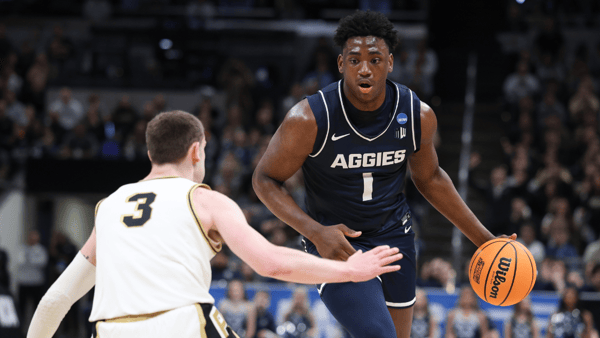
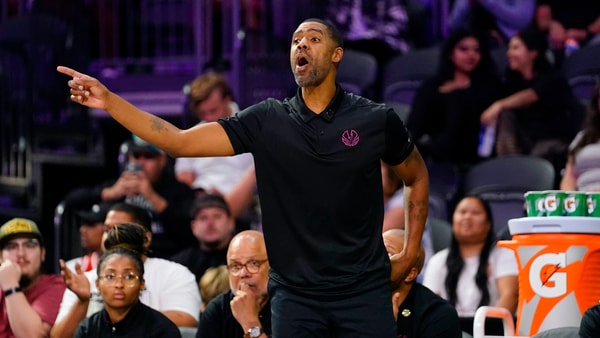

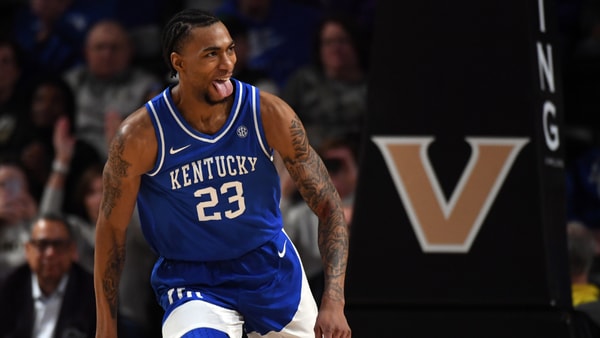
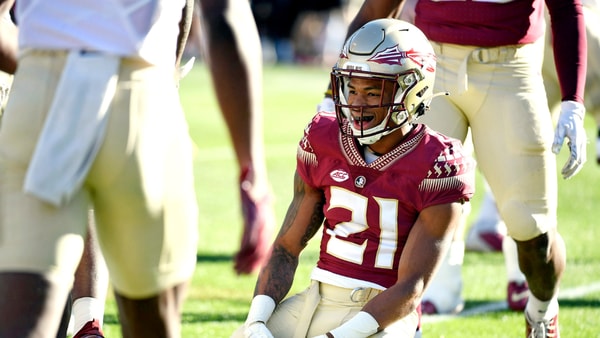
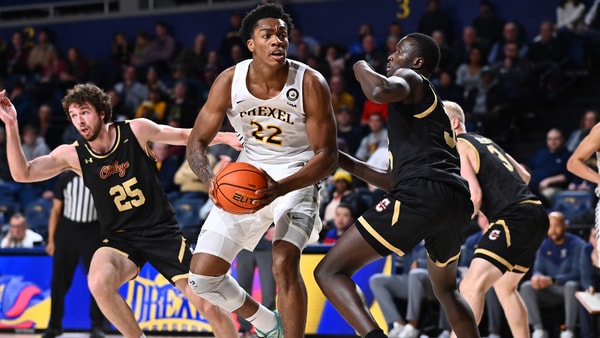
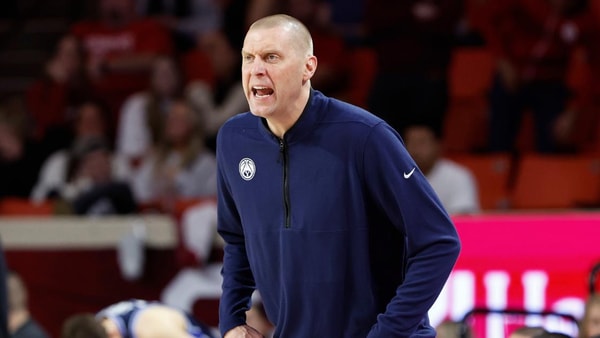
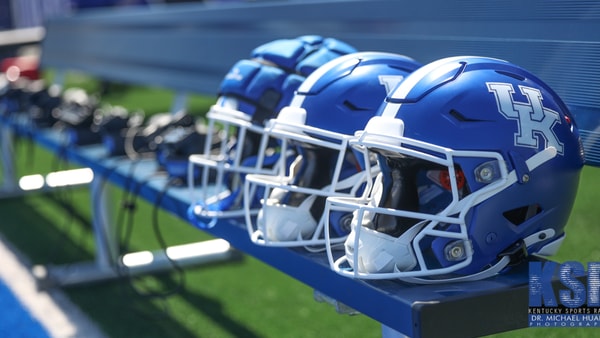
Discuss This Article
Comments have moved.
Join the conversation and talk about this article and all things Kentucky Sports in the new KSR Message Board.
KSBoard